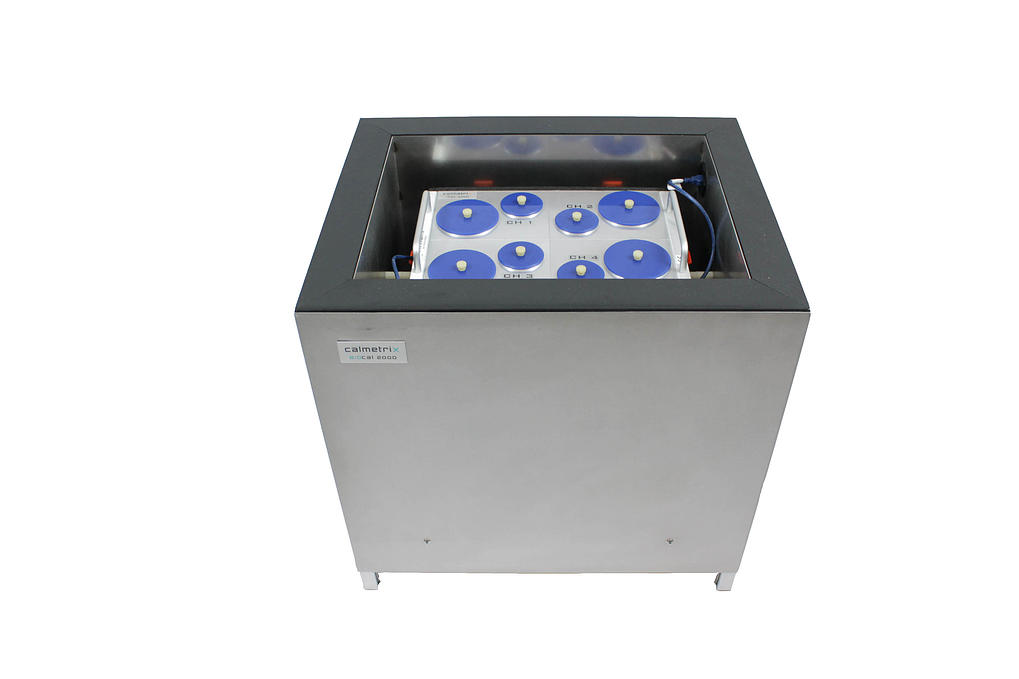열량계는 식품재료의 다양한 처리공정이나 저장조건에 대한 대사반응이나 생물학적 활성도를 연구하는 데 특히 유용한 기기입니다. 열량계로부터 구한 반응열 그래프를 이용하면 식품의 품질 및 식품의 가공과 보관 방법에 영향을 미치는 현상을 이해할 수 있습니다.
Calmetrix 등온열량계 (Isothermal Calorimeter) 모델 Biocal 4000은 온도 제어장치와 열유속(Heat Flow) 측정 센서를 내장하고 있으며, 최대 125 ml 의 샘플 측정이 가능한 4개 채널로 운영됩니다. 화학반응이나 생물학적인 반응을 통해 발생되는 파워와 에너지를 정밀하게 측정한 후 Biocal 전용 소프트웨어를 통해 실험결과를 시간당 열 변화 그래프로 나타내어 분석이 가능합니다. 예를 들면, 음식물에 존재하는 미생물의 활동성을 그래프로 확인할 수 있고, 방부제가 함유된 음식물과의 비교를 통해 부패를 지연시키는 효율 또한 구할 수 있습니다. 따라서, Biocal Isothermal Calorimeter는 식품 및 생물학관련 연구개발와 품질관리 모두 사용될 수 있습니다.
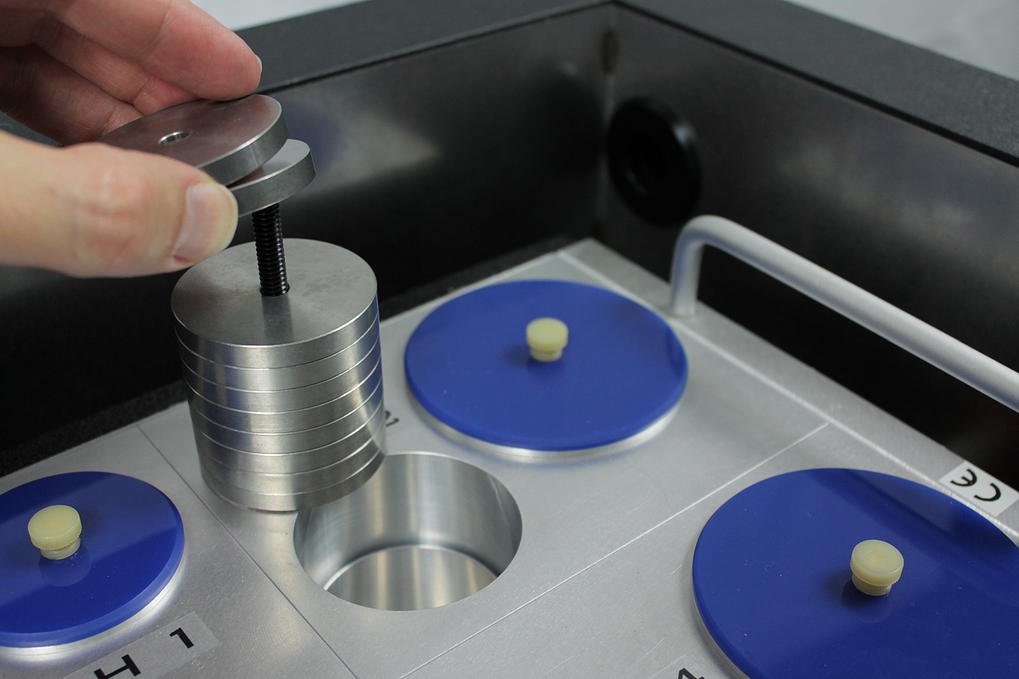
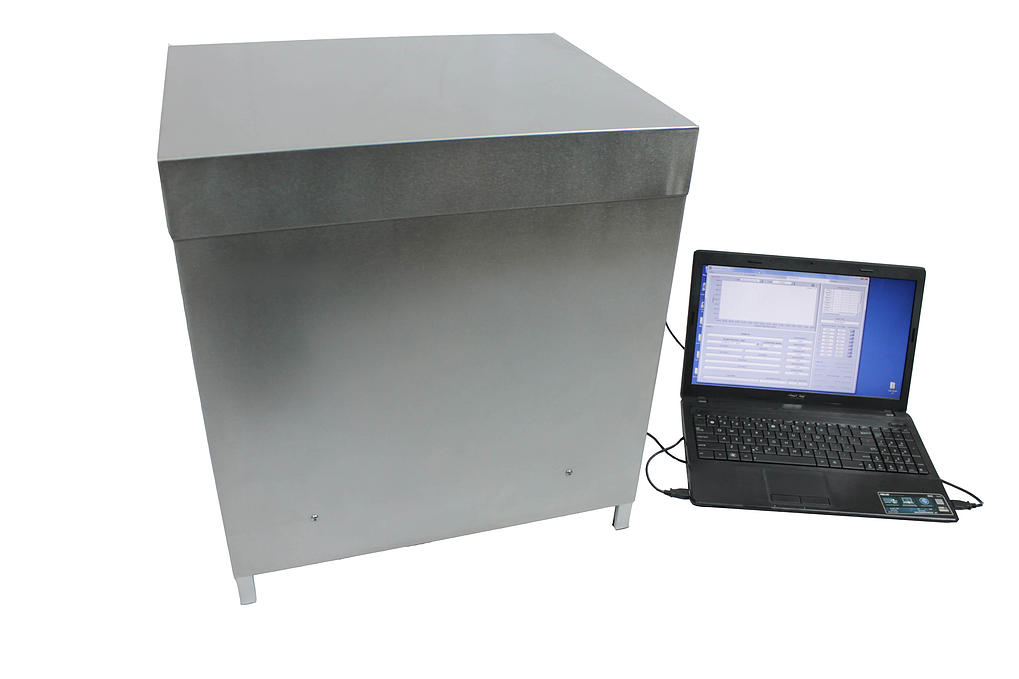
Biocal 4000 is a 4-channel Isothermal Calorimeter. A large sample capacity of up to 125 ml on each cell, variable reference cells and a controlled temperature range between 5°C and 65°C make Biocal 4000 suitable for multiple applications such as fermentation studies, bacterial activity, metabolic response of fruits and vegetables, food spoilage and shelf life, etc. The large sample size makes Biocal 2000 versatile enough to test even larger pieces of meat, fruits and vegetables, cheese and dairy, as well as juices, nuts, grains or seeds.
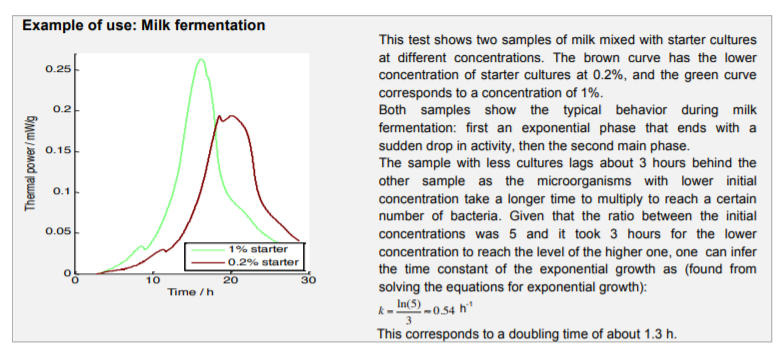
The ambient temperature around the samples is computer-controlled by Calmetrix's Biocal software, with precision sensors measuring the heat flow generated by the chemical or biological reaction occurring in the active sample. The Biocal software is a flexible interface that can be used for virtually any Life Sciences application, where Power and Energy are measured and normalized by entirely user-defined parameters.
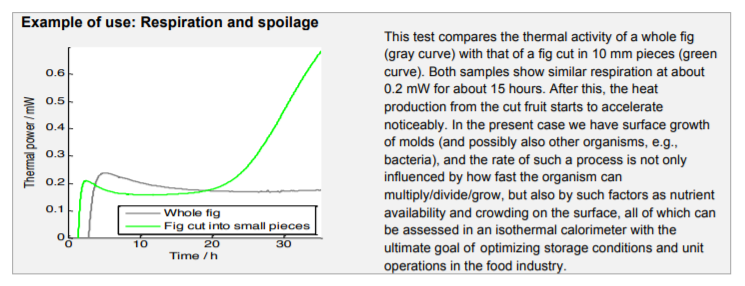
Examples of Applications:
Biocal 4000 is well adapted for applications in R&D and Investigative work on food items or other biological, chemical or physical reactions, as well as daily QC needs in food processing. Typical uses are:
- compare shelf life for different foods or preservation techniques
- develop or assess the efficiency of preservatives
- estimate bacterial levels in solid foods, e.g. ground meat, fish, etc.
- study the effect of changes in ingredients on mold growth
- analyze fermentation methods (lactic or non-lactic)
- study the growth of bacterial colonies
- study the efficiency of starter cultures at different temperatures
- assess metabolic response to preservation techniques (e.g. vacuum impregnation, thermal processing, osmotic dehydration, etc.)
- study the impact of processing methods on respiration of fresh produce
- characterization of yeast strains (e.g. in dough)
- analyze teh effect of temperature change on seed germination

